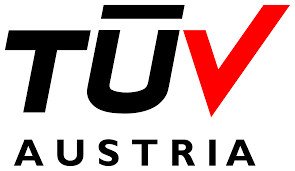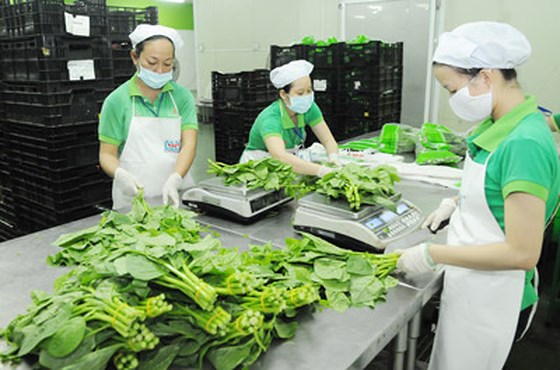
KNA COOPERATED WITH TUV AUSTRIA HELLAS ON AUDITING FSC STANDARDS IN VIETNAM
After time of exchanging and discussing, KNA CERT has successfully signed a cooperation agreement with TUV Austria on FSC/CoC certification services. Accordingl...
According to statistics, the value of Vietnamese agricultural exports, which now accounts for nearly a quarter of the GDP, has continuously increased over the years. However, according to many experts, Vietnam’s agricultural exports are facing a big challenge
What are the solutions for Vietnam when exporting raw agricultural products and applying science and technology in a low level?

“Gold” that has not been mined…
Nowadays, Vietnamese agricultural products have been exported to 160 countries all over the world. Vietnamese agriculture’s labor density accounts for more than 70% and is defined as the basic economic sector. However, the problem, which was posed by scientists at the seminar “Continuously improve quality, strengthen social accountability and re-establish businesses for survival and development” recently organized by Quality Council of Ho Chi Minh City, is about how to enhance the quality of agricultural exports instead of having long exported raw products and poor quality products.
“Vietnam has 9 million hectares of agricultural land and annual rice ouput reaches 3 million tons, but we haven’t planned large rice-growing areas and haven’t had a completed manufacturing process of international standards”, Assoc. Prof. Dr. Vo Phuoc Tan said. “There haven’t been any standards to assess our agricultural products. When many kinds of goods have reached the border gates of other countries, they have been detected not to meet the standards. Therefore, the goods has been returned, which has led to great loss. In our country, that food contains insectisides and vegetables are unsafe has been a burning problem in recent years, especially when food poisoning has occurred in some industrial kitchens. Thus, not only should we “standardize” agricultural products in the manufacturing phase, but we also need to build a standard food barrier to avoid dirty food from other countries entering our country”, Lawyer Tran Hai Duc said in an urgent voice.
At the seminar, Assoc. Prof. Dr. Vo Phuoc Tan asked: Why does Thailand have ecological rice while Vietnam only has intensively cultivated rice? Obviously, we have “gold reserves” but not yet mined. He suggested that the Government should quickly adopt policies to support farmers more. First of all, besides supporting capital and interest for farmers, the Government should build rice-growing areas in accordance with standards. Dr. Ngo Van Nhon, President of Quality Council of Ho Chi Minh City, said that it is necessary to quickly organize networks, manufacturing linking chains and supply green and safe agricultural products in accordance with the international standards. That linking “homes” to develop new agricultural product processing industries can increase the value of exported products. “It is necessary to continuously improve the quality of Vietnam’s agricultural products so that they can be sustainable and developed”, Dr. Ngo Van Nhon said.
Must follow general rules
The low quality of agricultural products and the worrying amount of insecticides, growth enhancing drugs, and preservatives make our agricultural product growth unsustainable. Therefore, “Nowadays, it is necessary to improve the quality of Vietnam’s agricultural products by applying international standards such as Global GAP and ISO 22000 on a large scale”, Assoc. Prof. Dr. Vo Phuoc Tan said. Global GAP and ISO 22000, which are international standards developed by manufacturers, retailers and suppliers for food safety, are applied in agricultural production. ISO 22000 in agriculture was developed by 187 countries and has been applied since 2005. Global GAP is currently applied by 123,000 farms and manufacturers around the world.
In Vietnam, there have not been many businesses and factories applying ISO and GLOBAL GAP. Typically, only a few dozens of businesses in the western part of Vietnam participate in clean breeding in accordance with Global GAP standard. There are only a few successful factories such as Dabaco Vietnam Jsc with about 100 hectares of areas breeding shutchi catfish and Ngoc Xuan Company with 10 hectares of areas breeding fish.
Thus, Dr. Pham Chau Thanh supposes that it is necessary for residents and businesses to cooperate with each other when manufacturing and exporting in accordance with international standards so that Vietnam’s agriculture can develop sustainably. Organizations and associations should give guidances for farmers and businesses on producing agricultural products in accordance with international standards. Only when we have a suitable method of manufacturing with stable quality standards can businesses of agricultural products overcome technical barriers of importing countries safely.
- VietQ.vn -
